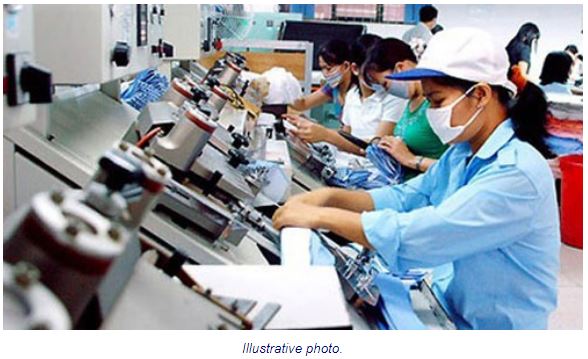Vietnam: Micro SME and individual households fall short of policies to support them
As of the first quarter of 2018, Vietnam had 26,785 newly established enterprises with registered capital of VND278.48 trillion (US$12.04 billion), 90% of which were micro and small enterprises with capital of under VND10 billion (US$432,380), Hau said at a conference on November 27.
In addition to micro enterprises, there were around 5.5 million individual households, creating 10 million jobs.
During the process of global economic integration and growing protectionism, the fierce competition and lack of support from the legal system have put pressure on Vietnamese enterprises in general, and micro enterprises and individual households in particular, Hau continue.
According to Hau, tax incentives and capital access are the two main barriers for those businesses to grow.
Echoing Hau’s view, economist Vo Tri Thanh said it is vital for them to access resources for development. Reasons behind this issue are their incapability accessing market, information and government agencies, and lack of collateral assets, technologies and low corporate governance.
Thanh said the main source of capital for individual households are from profits if available, while they have to get loans from friends and family.
Moreover, individual households have not registered as businesses or owned no legal person, causing unclarity in dealing with its debts. In this regard, their assets, including non-related business ones, are subject to debt payment, which is different compared to enterprises.
At the meeting, experts requested more incentives provided to micro enterprises, while encouraging individual households to register as enterprise.


 English
English




